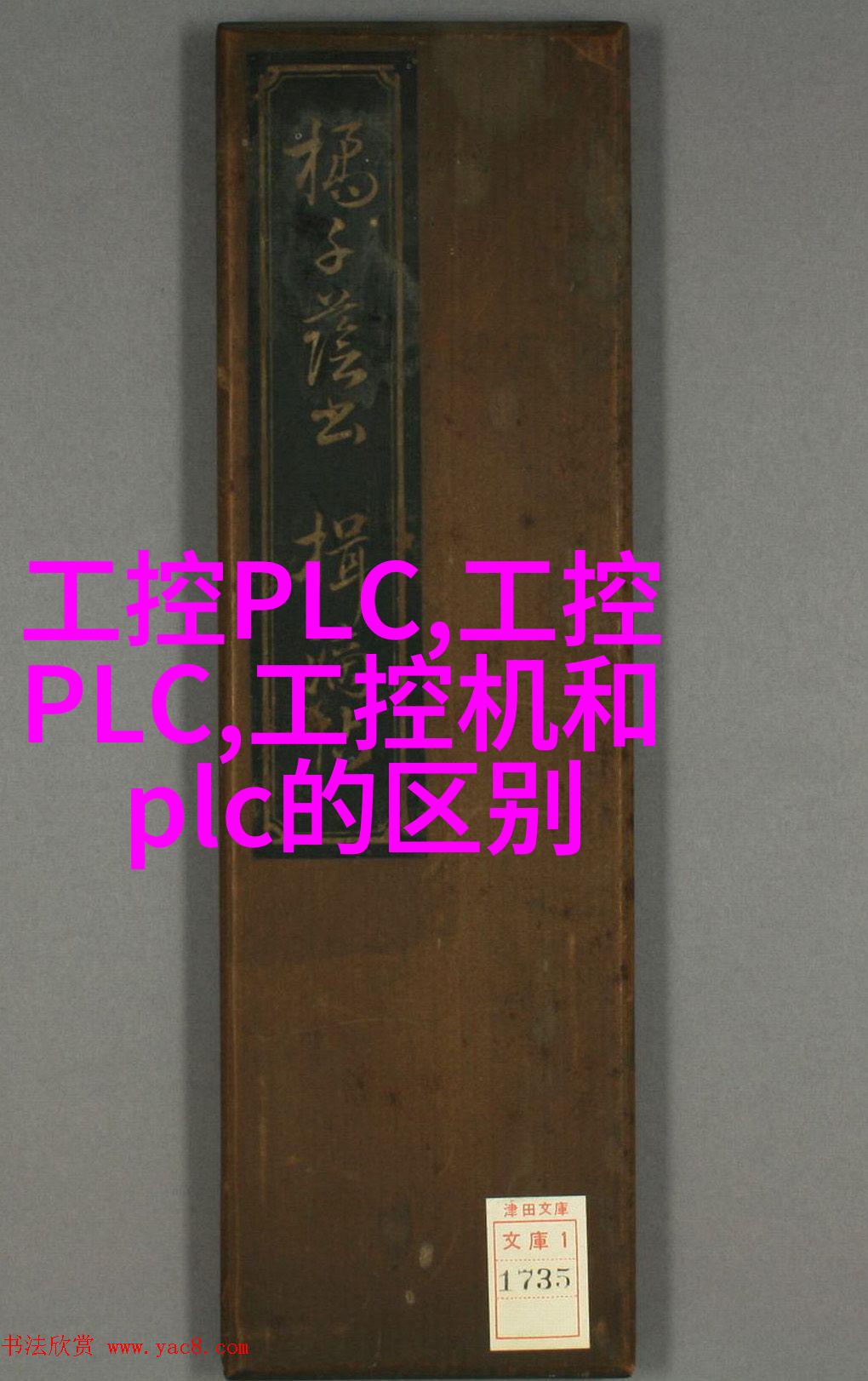您现在的位置是: 首页 - PLC - 反应釜类型分类了解不同应用的选择标准 PLC
反应釜类型分类了解不同应用的选择标准
2025-04-24 【PLC】 0人已围观
简介在化学实验、工业生产和生物技术研究中,反应釜是不可或缺的设备。它不仅能够容纳各种化学物质进行混合、反应,还能控制温度和压力,以确保实验安全、高效地进行。根据不同的使用场景和需求,反应釜可以分为多种类型,每种类型都有其特定的设计理念和应用领域。本文将详细介绍常见的反应釜类型及其分类方法,以帮助读者更好地理解如何选择合适的设备。 1. 不锈钢反应釜 1.1 不锈钢材质优势 不锈钢作为一种耐腐蚀材料
在化学实验、工业生产和生物技术研究中,反应釜是不可或缺的设备。它不仅能够容纳各种化学物质进行混合、反应,还能控制温度和压力,以确保实验安全、高效地进行。根据不同的使用场景和需求,反应釜可以分为多种类型,每种类型都有其特定的设计理念和应用领域。本文将详细介绍常见的反应釜类型及其分类方法,以帮助读者更好地理解如何选择合适的设备。

1. 不锈钢反应釜
1.1 不锈钢材质优势

不锈钢作为一种耐腐蚀材料,在高温、高压条件下具有良好的稳定性,对于处理含有酸性或碱性物质的化学反应尤为适宜。这使得不锈钢反作用式成为工业化生产中的首选。
1.2 应用范围广泛

从小型实验室到大规模工业生产,不锈钢反作用式可以满足不同规模和要求,它们被广泛用于制药、化工、新能源等行业。
1.3 安全性能强

由于其高抗腐蚀能力,不锈钢反作用式能够有效防止内壁因长期接触酸碱而产生的残留物对产品质量造成影响,确保了产品纯度与安全性。
2. 玻璃反应釜

2.1 安全透明
玻璃作为一种透明材料,可以直接观察到内部情况,无需打开盖子,即可查看混合过程,这对于需要精密监控的小量试验非常重要。此外,由于玻璃本身不会对化学品产生交叉污染,因此在一些敏感试验中也非常受欢迎。
2.2 适合低温操作
玻璃具有一定的热稳定性,但它不是最坚硬的材料,因此在高温下可能会发生破裂。在某些情况下,如低温酶催化剂或者微量分析时,玻璃反作用式是最佳选择。
3 钢制反应釜
3.1 经济实惠
相比于其他金属材质,如不锈钢或陶瓷,鋼制反应泵通常成本较低,这使它们成为经济实惠且功能齐全的一种解决方案,对于那些预算有限但仍需大量使用重载机器的人来说是一个理想之选。
3.2 广泛应用领域
除了普通石油加工以外,鋼制反應泵还被用于食品加工、建筑业以及其他需要大规模生产的大型项目中,因为它们提供了一个强大的结构来承受重载,并且易于维护和清洁。
高压及特殊环境下的Reaction Vessel Selection Criteria
为了确保chemical reactions在极端条件下的顺利进行,比如超声波加速或者高速搅拌,同时保持操作员安全,该类别包括了一系列专门针对这些任务设计并制造以应对高压力的device.
High Pressure Reactors: These are used for the synthesis of high-pressure chemical compounds and are designed to withstand extremely high pressures, often exceeding several hundred atmospheres.
Specialized Reaction Vessels: These include vessels that can operate at extreme temperatures or in specialized environments such as vacuum or inert gas conditions.
Multipurpose Reactors: This category includes vessels that can be used for a variety of different applications, including laboratory scale syntheses, pilot plant production, and full-scale manufacturing.
Conclusion
In conclusion, choosing the right type of reaction vessel is crucial to ensure the success of any chemical reaction process while ensuring operator safety and efficiency across various industries such as pharmaceuticals, chemicals manufacturing and biological researches etc.. By understanding the classification criteria for each type of reaction vessel mentioned above, users can make informed decisions based on their specific requirements when selecting appropriate equipment for their needs.
The selection criteria may vary depending on factors like materials utilized (steel vs stainless steel), temperature range needed (low vs high), pressure tolerance required (standard atmospheric pressure vs supercritical fluid), volume capacity necessary (small lab scale vs large industrial scale) or even maintenance considerations (ease-of-use & clean-up). It's also important to consider compatibility with existing infrastructure & processes when making this choice.
With an array of options available in terms of material types - glassware being one example - manufacturers have developed an extensive range offering diverse functionalities suited towards different purposes within distinct fields where chemicals are involved in some form or another from R&D labs through commercial manufacturing facilities all around us today!






